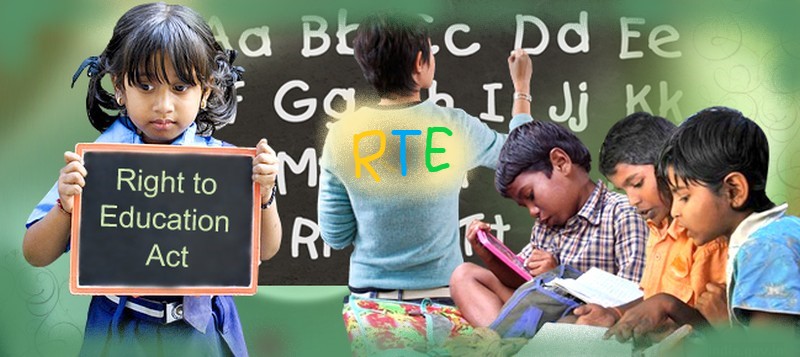The Right to Education (RTE) provision for free education is applicable only until Class 8, leaving students to either pay fees or change schools if they cannot afford expenses. This issue gained attention in 2020 as the first batch of RTE students entered Class 9.
A school trustee acknowledged the recurring concern, noting that while many students continue their education in Classes 9 and 10 by paying fees, some opt for school transfers.
In Nagpur, CBSE schools are preferred, charging fees from Rs25, 000 to Rs1.8 lakh annually. However, prestigious schools, mostly with minority status, are exempt from RTE, while those under it charge around Rs50,000 yearly.
Schools are worried about delayed RTE reimbursements and find it financially challenging to offer free admissions for two more years. A trustee mentioned, “We must provide free education to 25% of the total strength for Class9 and 10. The fee for these 25% students will ultimately be covered by the remaining 75%, potentially sparking controversy. Ideally, the government should have extended free RTE education until Class 12.”
Another school principal added that their institutes have expenses such as teacher salaries and building maintenance etc to take care of. They highlighted the challenge of operating with a 25% reduction in income, stating, “Can you imagine working with a 25% cut in your salary? Schools are an easy target, so even when we advocate for our rights, we face opposition.”
Sanjay Tayde-Patil, president of the Maharashtra English Schools Trustees, said “All that the govt has to do is to announce RTE implementation up to Class 12. For this parents have to take the initiative and hit the streets. I promise to support parents in such endeavours.”




